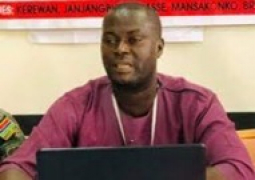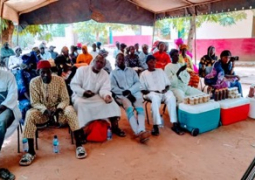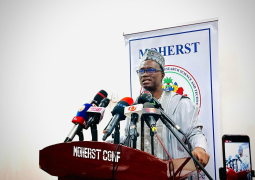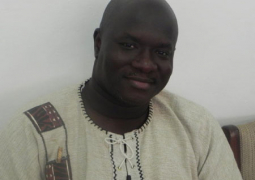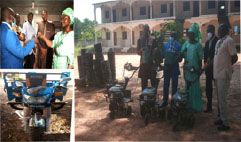
The handing over of the equipment took place at the Agency for the Development of Women and Children (ADWAC) office in Kerewan. It wasmeant to improve agricultural economic growth and food security in the region as well as help contribute to sustainable growth in the agricultural sector and reduce food insecurity.
Beneficiaries of cold stores included Conteh Kunda Niji, Darsilam,Illiasa and Njaba Kunda while beneficiaries of garden materials included Mbanta Killing, Nuimi Lamin, Minteh Kunda, Alkali Kunda, Daru Baraki, Illiasa, Salikenne, and Conteh Kunda.
The donated equipments included four cold stores, eight machine hoes, buckets, hoes and a three-wheeler tricycle, among others.
Governor of North Bank Region, Lamin Saidykhan extolled the European Union and European Research Institute (ERI) through the partner, Agency for the Development of Women and Children (ADWAC).
He also applauded ADWAC for the work they are doing in the country, noting that ADWAC is one of the most recognized local NGOs in The Gambia.
Governor Saidykhan expressed delight with the fully equipped cold stores, describing it as vital to women farmers in the region “because after producing vegetable products there are always constraint in keeping them when they are left over from the market. But with these cold stores in Darsalam and other communities in the region, it will enhance storage and alleviate food insecurity. The other equipment will go along way in enhancing their works.”
Malamin L Bojang, Chairman of Kerewan Area Council said the presented farm equipment would help women progress.
He appealed to women to make good use of the equipment including the cold stores saying properly taking care of them will motivate sponsors do more for them.
Samba Jawo, Country Rep of the European Research Institute said the CESAD project is meant to enhance small-holder farmers’ competitiveness as well as support local development of the North Bank Region through a series of activities aimed at improving the quality of farming practices, providing logistic solutions to the storage and distribution of goods, introducing diversity of supply and strengthening local capacities for competitive market accessibility.
He therefore urged stakeholders of the project to collectively work hand-in-hand for the realisation of the goal of the project to impact positive farming activities in the North Bank Region.


